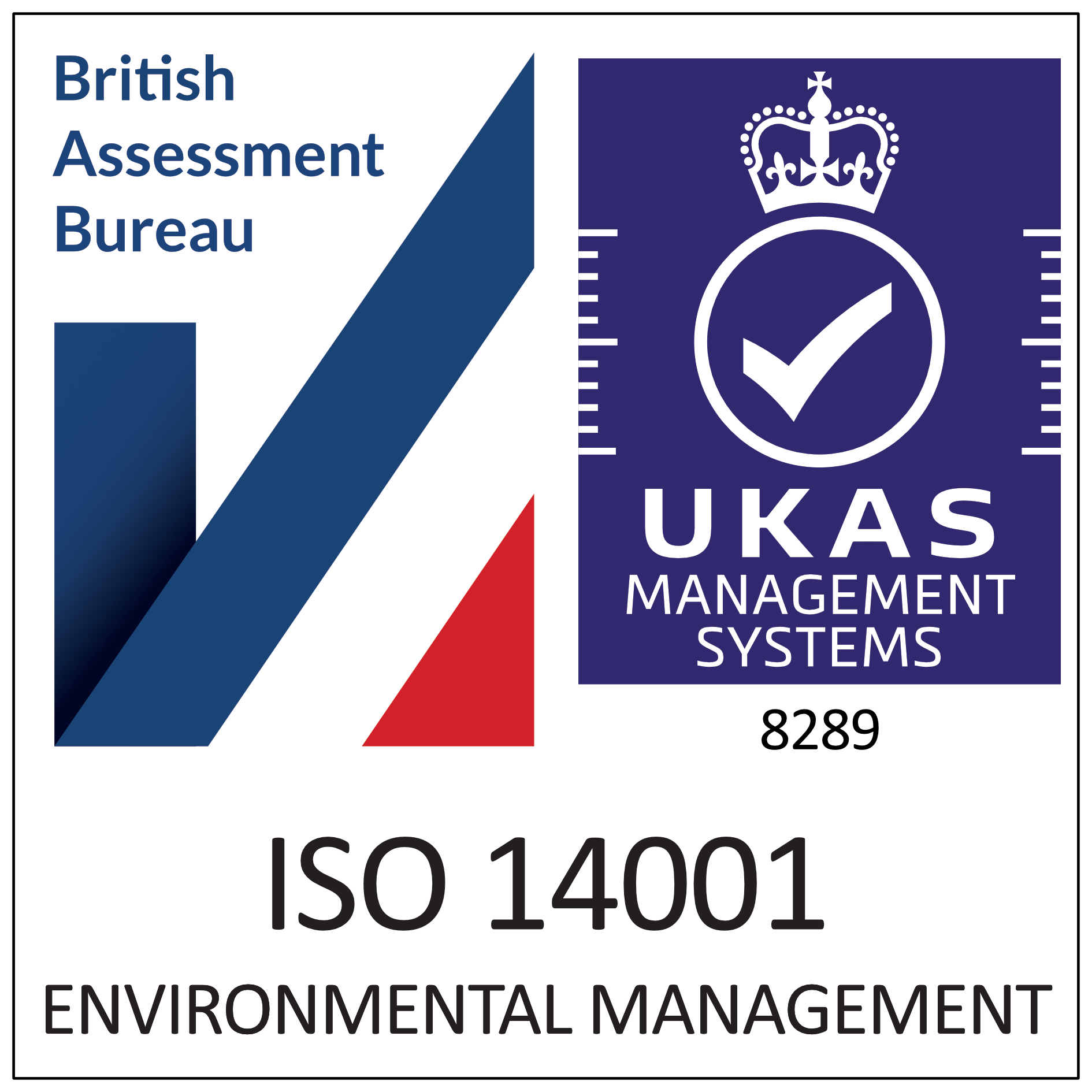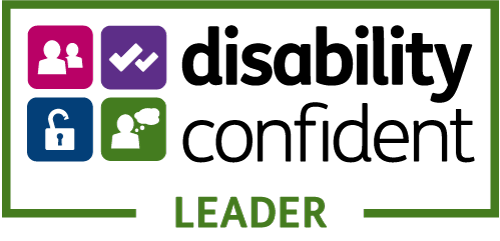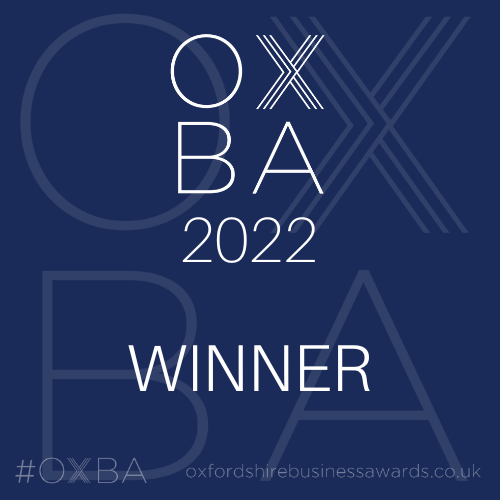
Dream Job 2040: A T Level Creative Competition
📣 Year 10 & 11 students: Design a job that doesn’t exist yet… but could!

Dream Job 2040: A T Level Creative Competition
📣 Year 10 & 11 students: Design a job that doesn’t exist yet… but could!
Search our website for news, courses, and general information
Course code: P01997
Subject area: Animal Therapy & Rehabilitation FdSc and BSc (Hons)
Study level: Undergraduate
Course level: H
Course time:
09:00 - 17:00
Days of week:
Tuesday & Thursday
Course date:
16th Sept 2025 - 28th May 2026
Course location:
Common Leys FarmA Level 3 Certificate in Small Animal Hydrotherapy (accredited by ABC Awards and certificated via Abingdon & Witney College) is available for students to take alongside the BSc at no further cost. It requires compilation of a portfolio of evidence, most of which will be obtained with the required BSc modules.
Teaching typically takes place 2 days per week.
This course is validated by Oxford Brookes University. Applications are made via UCAS – code TBC.
Some students may wish to progress onto MSc or PhD level study.
It may be possible, in certain situations, to gain accreditation of prior learning to enable students to enter the course with advanced standing or gain exemption from an element/elements of the programme. This is assessed on an individual basis and is awarded in line with Oxford Brookes University’s regulations on accreditation of prior learning, available at https://www.brookes.ac.uk/uniregulations/2012-13/core/admissions/apl
Students who have completed 240 credits at levels 4 and 5 at another institution within or outside the UK may be considered, subject to individual credit rating by Oxford Brookes University.
English Language Requirements (For students whose first language is not English):IELTS 6.0 (with 6.0 in reading and writing, 5.5 in listening and speaking).
We include students with disabilities and/or learning difficulties into the life of the College and seek to offer opportunities for success in all courses at all levels. If you have any particular requirements, please contact our Learning Support Adviser on 01235 216440.
You can also find information on our fees and on Student Finance at www.abingdon-witney.ac.uk/support/fees-bursaries.
Students are required to have their own personal protective equipment for animal handling practicals; sturdy boots, overalls and indoor practical coats.
Students can purchase optional uniform. This can be ordered online - please contact the College to find out more. Costs will depend on the choices made and will range from £13 to £40.
Students who wish to complete the level 3 certificate in canine hydrotherapy alongside the top up degree will need to purchase and supply their own waterproof chest waders. Cost will depend on the make but can be purchased for around £25.
All learning resources are available in the University library and online, but students may wish to purchase their own specific textbooks. Prices range from £25-250.
Students will need to budget for transport costs between sites. Typically, the bus fare between Oxford and Common Leys is £6.40 return. There is a free shuttle bus between the Witney and Common Leys college campuses, and additionally there is free parking on site at Common Leys. Oxford has a park and ride service, where similar fees apply.
Attendance on a variety of day trips and at a number of guest lectures may be a compulsory part of the course and you will need to pay the associated fees. An ideal range would be £40-£80, dependent on trips arranged. A conservation trip to Africa trip is organised every two years and will cost around £2,200 but is optional.
£0.00
Modules are assessed in most cases by a mix of coursework and examinations. Coursework will include a range of assessment methods, for example: essays, report writing, presentations, and practical observations. Examinations include short and long answer questions, multiple choice questions, and case studies.
Formal assignments will be returned to students within three weeks of the submission date.








